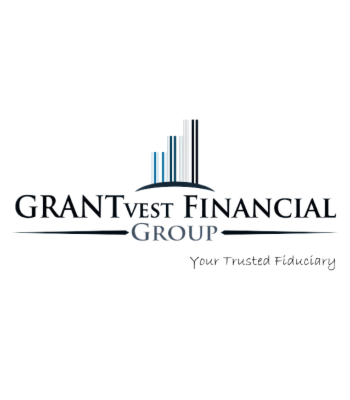- GWN Securities Deploys Advisor360° Advisor Tech Capabilities
- Can this mid-cap company take the lead in the exploding $1.2 trillion wealth management business?
- Helping Clients with Charitable Giving Won’t Dent your AUM
- What drives private equity EBITDA valuations up in wealth management
- Vince DeCrow and Van Spankeren Launches RISE Investments: Formed to Bridge Multi-Generational Wealth Management Gap
The finance sector has improved its performance in addressing modern slavery, lack of regulation means investors need to do more.
Modern slavery pervades our global economy in 2025. Its victims can be found in supply chains of multinational companies and under our noses in rich countries. It is a moral outrage and an investment risk. It is also woefully under-addressed by business, investors and policymakers.
Bạn đang xem: Wealth managers must help tackle modern slavery
We believe it is imperative on investment managers to both ensure their clients are not profiting from slavery and encourage companies to address this scourge.
To help in this effort, we launched our Modern Slavery Benchmark last year. It tracks how the largest UK companies are performing in terms of finding, fixing and preventing modern slavery in their operations and supply chains. We have just published the second iteration of the benchmark, revealing some encouraging progress — and some worrying ongoing gaps in corporate performance, especially around helping victims.
Modern slavery includes forced labour, human trafficking, servitude and forced marriage. There were an estimated 50m people subject to modern slavery in 2021, according to the International Labour Organization (ILO). It estimates that forced labour in the private sector generates $236bn in illegal profits globally each year, up 37 per cent since 2014.
While most modern slavery takes place in developing countries, and thus tends to be found along companies’ supply chains, rich nations are not immune. A recent investigation by the BBC, for example, found victims of modern slavery forced to work in a fast-food restaurant in the UK and for a bakery supplying products to major UK supermarkets.
Retail investors are largely unaware of these risks, but wealth managers can play their part in helping tackle this issue. Indeed, not doing so can leave them exposed to questions from investors. On the other hand, it enables them to demonstrate their diligence to those investors concerned about sustainability and social issues.
Forced labour
Our updated benchmark has shown greater awareness of modern slavery risks among the 110 companies assessed. This year, 30 of them either found evidence of modern slavery in their supply chains, or indicators that some sort of forced labour was taking place. This is up from 25 last year, which is to be welcomed as it shows companies are making greater efforts to hunt out abuse of workers and are committed to transparency and accountability.
Xem thêm : This Women-Led $350 Million LPL Financial Team Uses Structured Products For Downside Protection
Given the pervasiveness of modern slavery in the global economy, we don’t believe companies should be judged on existence of modern slavery, but by how they respond.
However, the benchmark found worrying underperformance in this regard. The section of the assessment which examines actions taken to remedy cases of modern slavery saw the lowest average marks. Remedy involves rectifying damage done to individuals, including by providing compensation, access to health, legal or social services, and repatriation. The lack of progress here is a significant concern to CCLA and other likeminded investors.
Regulatory shortfall
One reason for this underperformance is that the finance sector has avoided tighter regulations that could help it reduce the extent of modern slavery throughout the economy: investment portfolios are excluded from the UK’s Modern Slavery Act and from the EU’s forthcoming Corporate Sustainability Due Diligence Directive. This regulatory shortfall means that investors — including wealth managers — are not as incentivised as they could be to require transparency from their portfolio holdings on modern slavery exposures.
This is a concern. Neither investors nor companies should profit from exploitation. Moreover, companies found to have failed to seek out and eliminate modern slavery can face severe reputational and financial impacts. These impacts could well extend to their investors.
We believe all investors should be engaging with their portfolio companies, or their investment managers, on this critical issue. To support engagement on modern slavery, we launched the ‘Find it, Fix it, Prevent it’ initiative, a coalition which now comprises investors managing more than $15tn (as at September 2024).
The coalition supports dialogue with prioritised companies to help them develop and implement better processes for addressing modern slavery. It also promotes effective regulation to tackle the issue, as well as the creation of data sources to help investors understand the extent of modern slavery.
By joining the coalition, wealth managers and private banks can help send a strong signal to their clients and the wider industry of their commitment to tackle modern slavery. We believe the coalition, and the benchmark which helps support its work, can play its part in ending the scourge of modern slavery.
Martin Buttle, Better Work Lead, CCLA
Nguồn: https://staredecisis.quest
Danh mục: News





